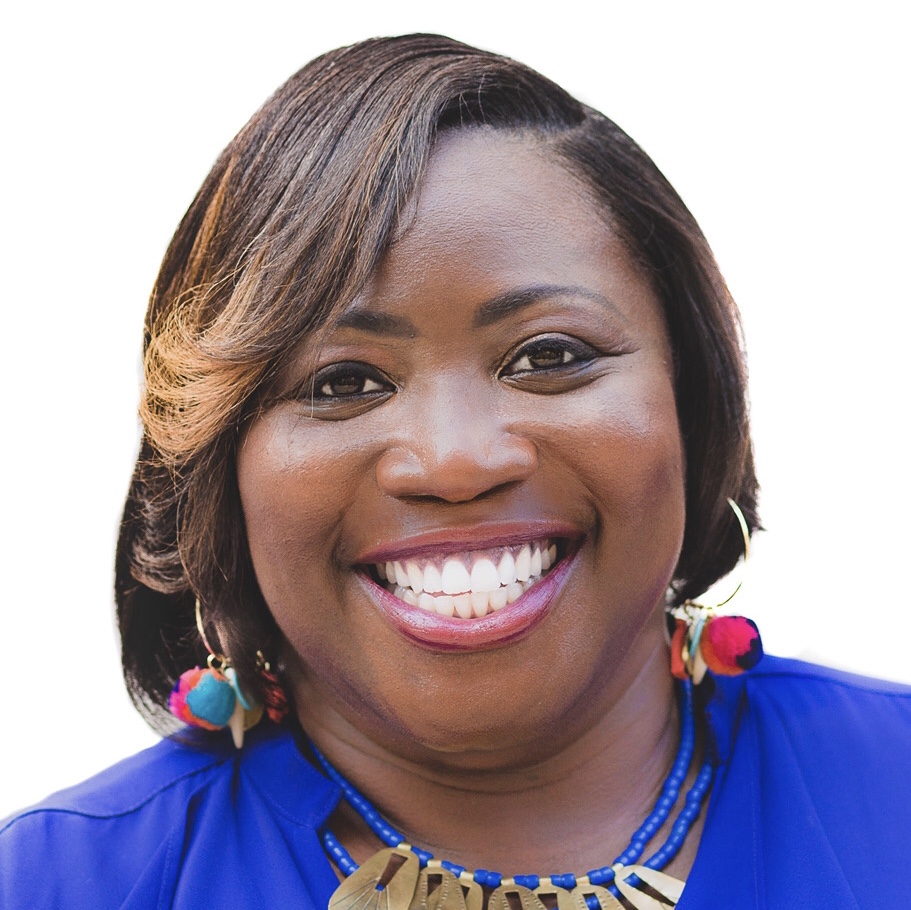 |
Ocotber 23, 2019
Forgiving the Difficult |
“Bear with each other and forgive one another if any of you has a grievance against someone. Forgive as the Lord forgave you.” Colossians 3:13 (NIV)
I grew up in an unsettled house, a place where screaming and slamming doors were common sounds. My mom and dad were always arguing, at least when my mom was around. She was a disappearing act, there one minute and gone the next, usually without any explanation.
When I was 13, my parents separated, and three years later, they divorced … 13 and 16, both critical ages in a young girl’s development. As hard as the separation was, the divorce was more difficult, and when it was finalized, a sense of deep loss set in. Like so many kids, I chose a side in my parents’ marital struggle: my dad’s side. I blamed my mom for how often she’d been gone and for the secrets I suspected she kept. My once-happy demeanor gave way to anger and bitterness.
It didn’t take long for my mother’s boyfriend to move in. My dad still paid the mortgage and took care of us financially which made me even angrier with my mother. I imagined Dad out there working, alone, paying for clothes and utilities, while we just went on with our lives. While my mother carried on with a new man. While everyone pretended everything was okay.
Except I wasn’t too good at pretending.
I went to college to escape my family mess, happily sailing away from those difficult and disappointing years. As I grew into adulthood, I tried to talk to my mom about how the divorce had affected me and about how I felt. But whenever I brought it up, she’d get upset and cry. Because I had no one to talk to, I bottled up my feelings, stuffed them and grew angrier. It became a burden I didn’t feel I could lift.
But what couldn’t I see at the time? There are two sides to every story, including my parents’ divorce.
During my sophomore year of college, I gave my life to Christ, and this was the saving grace for me. God helped me open up and talk about things and see that Mom’s actions weren’t all about my dad or me or even her secrets. Not really. There was something deeper, even if she couldn’t articulate it.
Years later, my mom gave her life to Christ, was baptized and got her life back on track. As she walked into her new life, she sought reconciliation with me and opened up about her marriage and divorce. And about the rest of her life, too. She shared stories from her childhood — how her father had his own secret life and how she resented him for it, much the same way I resented her.
As I better understood my mom’s history and saw the ways she’d repeated similar mistakes, my heart softened toward her. Her acting out and her secrets were just ways to cope with the pain in her life. Although she never directly asked for my forgiveness, I forgave her anyway. And when I did, everything changed. Everything looked different. I remembered the ways she’d been there for me, the ways she’d tried to love me even while she felt unloved herself. Forgiveness brought a new sort of freedom.
We see this in today’s key verse, Colossians 3:13, which says: “Bear with each other and forgive one another if any of you has a grievance against someone. Forgive as the Lord forgave you.”
Because we’ve been forgiven for so much, shouldn’t we extend forgiveness to others? C.S. Lewis wrote, “To be a Christian means to forgive the inexcusable, because God has forgiven the inexcusable in you.” In other words, we forgive because we ourselves have been forgiven. Forgiving others is the most Christlike act we can carry out. It’s costly and painful, transformative and life-giving.
Dear God, thank You for Your Word and everlasting love. Thank You for providing us a clear path to forgiveness and reconciliation, one that builds bridges, closes gaps and showcases Your plan for us all. Thank You for forgiving me and fiercely loving me, even when I’ve chosen to turn my back on You. It’s only by Your grace I’m able to walk this path. In Jesus’ Name, Amen.
TRUTH FOR TODAY:
Mark 11:25, “But when you are praying, first forgive anyone you are holding a grudge against, so that your Father in heaven will forgive your sins, too.” (NLT)
RELATED RESOURCES:
Forgiveness changes things — including racial reconciliation. Latasha Morrison’s Be the Bridge: Pursuing God’s Heart for Racial Reconciliation will help deepen your understanding of historical factors and present realities, equipping you to participate in ongoing dialogue and to serve as catalysts for righteousness, justice, healing, transformation and reconciliation. Get your copy today.
Learn more about ways to get involved with Be the Bridge organization.
CONNECT:
Latasha works with organizations — small and large companies, churches and non-profits — and high-impact leaders who realize their efforts toward diversity and inclusion are falling short. Do you want to lead from an authentic place? Are you ready to audit your organization, take time to listen and learn, and develop a strategy for creating an authentically diverse organization? She’ll be your guide.
Enter to WIN your very own copy of Be the Bridge by Latasha Morrison. To celebrate this book, Latasha’s publisher is giving away 5 copies! Enter to win by leaving a comment here. {We’ll randomly select 5 winners and notify each one in the comments section by Monday, October 28, 2019.}
REFLECT AND RESPOND:
Do you believe forgiveness primarily benefits the person who’s been harmed? Why or why not? How do you know when you’ve forgiven someone for something?
© 2019 by Latasha Morrison. All rights reserved.
Proverbs 31 Ministries thanks WaterBrook & Multnomah for their sponsorship of today’s devotion.
Click here to view our policy on 3rd party links.
Proverbs 31 Ministries
630 Team Rd., Suite 100
Matthews, NC 28105
www.Proverbs31.org
Originally published Wednesday, 23 October 2019.












